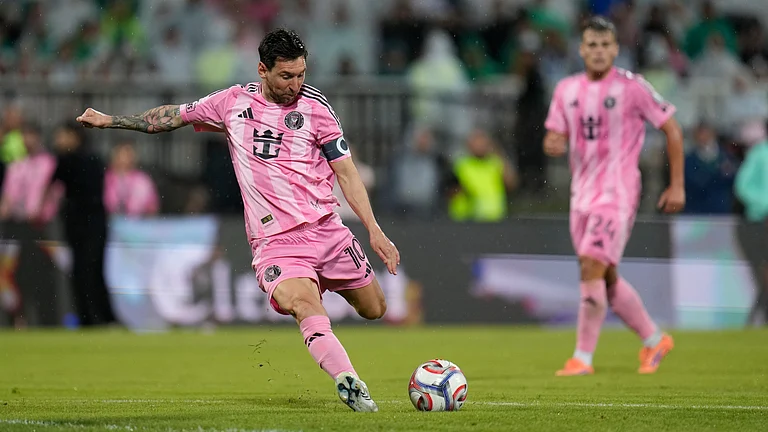Chief Justice of India DY Chandrachud said that he believes it is sometimes the 'vote of conscience and vote of Constitution' while speaking about the recent ruling on the marriage equality case in the Supreme Court.
Chandrachud was speaking at the 3rd Comparative Constitutional Law discussion on 'Perspectives from the Supreme Courts of India and the United States', hosted by Georgetown University in Washington, DC.
During his speech, Chandrachud made a remark on the recent ruling of the Supreme Court in legalising same-sex marriages, he reportedly said, "I do believe it is sometimes a vote of conscience and a vote of the Constitution. And I stand by what I said."
He continued to say, "By the unanimous verdict of all the five judges on the bench, we came to the conclusion that while we have progressed a great deal in terms of decriminalising homosexuality and recognising people belonging to the queer community as equal participants in our society, legislating on the right to marry is something that falls within the domain of Parliament," as the CJI agreed with the rest of the Supreme Court judges of the Constitution bench to leave the decision to the Parliament.
In his landmark ruling in the closely watched case, the Chief Justice emphasized that selecting a life partner is an essential aspect of determining one's life path. He stated that for some, this may be considered the most crucial decision of their lives. This right strikes at the heart of the right to life and liberty as outlined in Article 21.
According to an NDTV report, he went on to explain that the right to form a partnership includes the right to select one's partner and the right to have that union legally recognized. Failing to acknowledge such relationships would result in discrimination against same-sex couples. The Chief Justice further asserted, "the right to enter into union cannot be restricted on the basis of sexual orientation."
Expressing support for adoption rights for same-sex couples, he argued that there is no evidence to suggest that only heterosexual couples can offer stability to a child. He noted, "There is no material on record to prove that only a married heterosexual couple can provide stability to a child."
Every judge on the five-member Constitution bench concurred that amending laws to establish marriage equality would constitute an intrusion into the legislative sphere. Nevertheless, there was a divergence of opinions regarding the recognition of civil unions and adoption rights. Chief Justice DY Chandrachud and Justice SK Kaul supported the recognition of same-sex unions. However, the majority of the bench held a contrasting perspective, with Justice S Ravindra Bhat expressing disagreement with the court's directive for the State to establish a new legal framework to formalize such relationships.


























